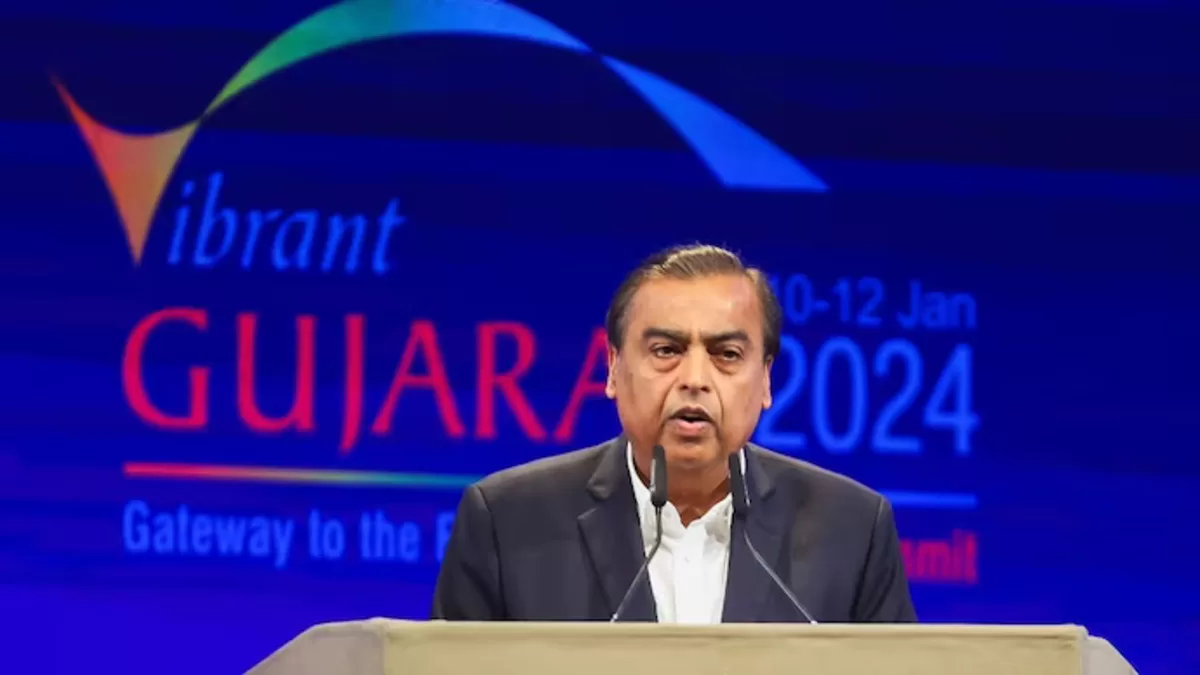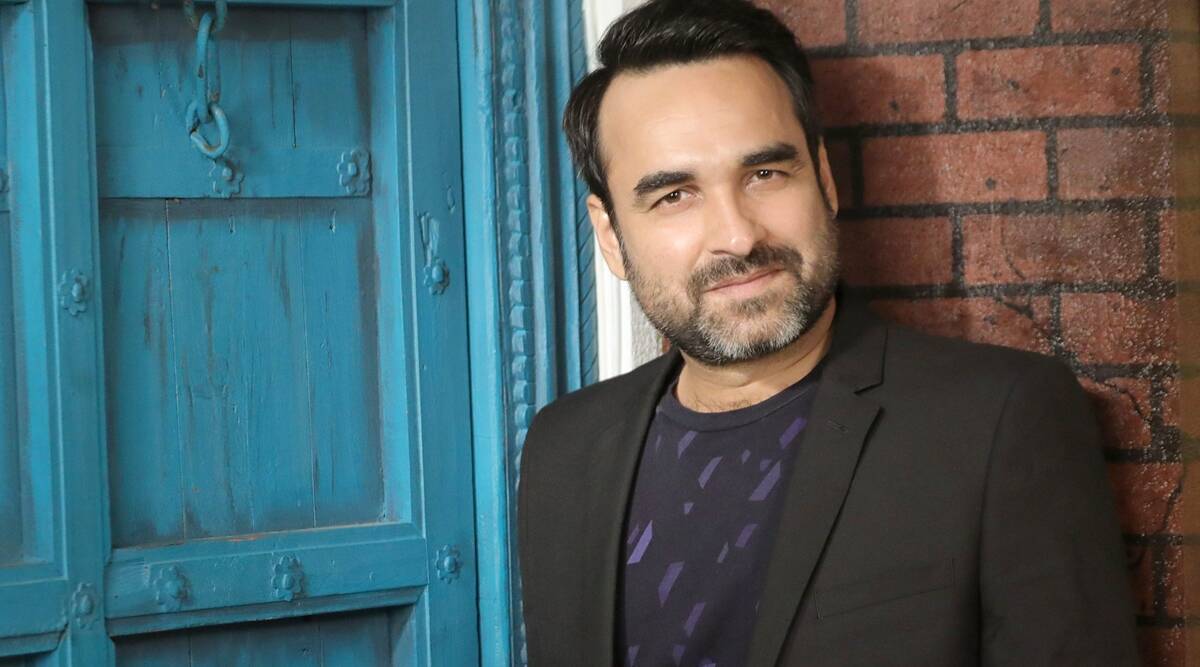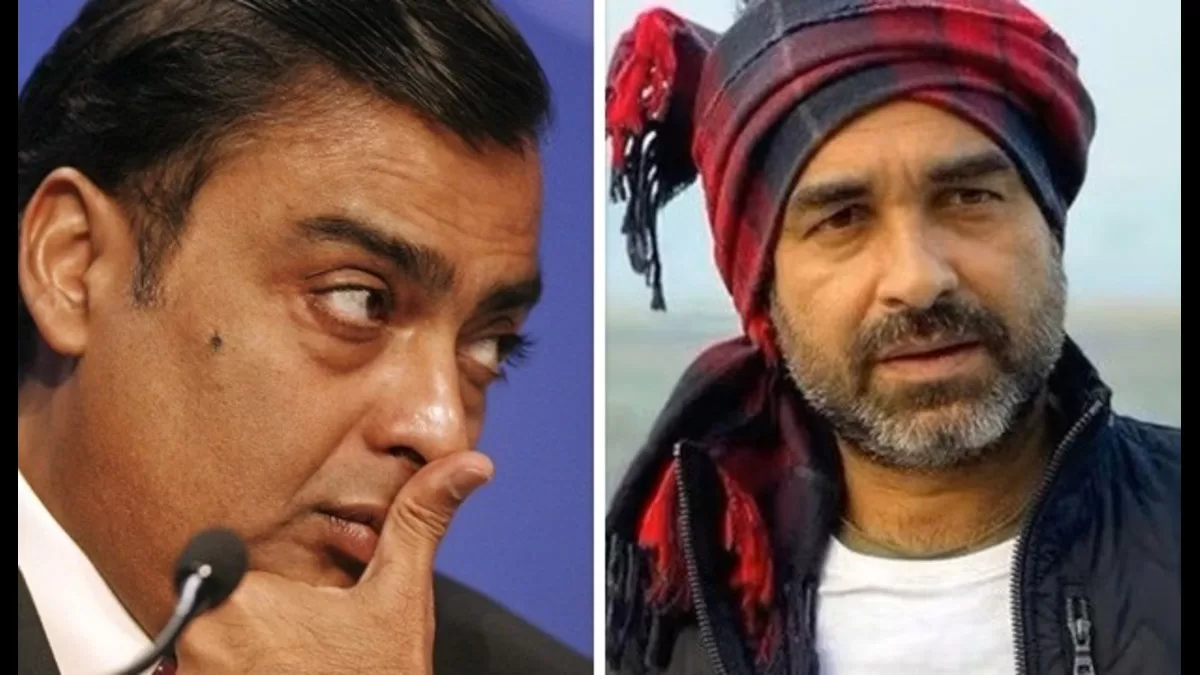In a recent interview with ANI, Pankaj Tripathi, the versatile actor known for his nuanced performances in films like “Stree” and “Mirzapur,” opened up about the issue of stereotyping in Bollywood. He believes that actors are often typecast based on their looks, leading to a lack of diversity and authenticity on screen.
Stereotyping In Bollywood

One of the most exciting points Tripathi makes is that certain appearances are not considered “heroic” or “rich” enough for Bollywood. He uses Mukesh Ambani, the billionaire chairman of Reliance Industries, as an example. “Would they ever cast Mukesh Ambani as a rich man in a film?” Tripathi asks rhetorically. “No, because he doesn’t have that hero-like look.”
This statement highlights the shallow and often unrealistic beauty standards that plague the Hindi film industry. Filmmakers often consider individuals with “fair skin, sharp features, and a certain physique” as ideal candidates for lead roles, irrespective of their acting abilities. This limits opportunities for talented actors who don’t fit the mould and perpetuates harmful stereotypes about what it means to be successful or attractive.
Doctors And Engineers In Film

Tripathi criticises the portrayal of other professions, such as doctors and engineers, in Bollywood films. Katrina Kaif was a doctor in Sooryavanshi, but have you seen them in AIIMS (All India Institute of Medical Sciences)
However, Tripathi also sees a glimmer of hope for the future. He believes that the rise of streaming platforms and the changing tastes of audiences are slowly forcing Bollywood to become more diverse and inclusive. “There is a change happening,” he says. “People are now looking for real and relatable stories, which means there is space for all kinds of actors, not just the ones who fit the traditional mould.”
The Future Of Bollywood

Pankaj Tripathi is essential to the ongoing conversation about representation in Bollywood. His willingness to challenge the industry’s ingrained biases is a step toward a more egalitarian society and an authentic cinematic landscape. While there is still a long way to go, Tripathi’s words cast a ray of hope for a future where the industry judges actors based on their talent rather than their looks and where the big screen can feature various stories.



